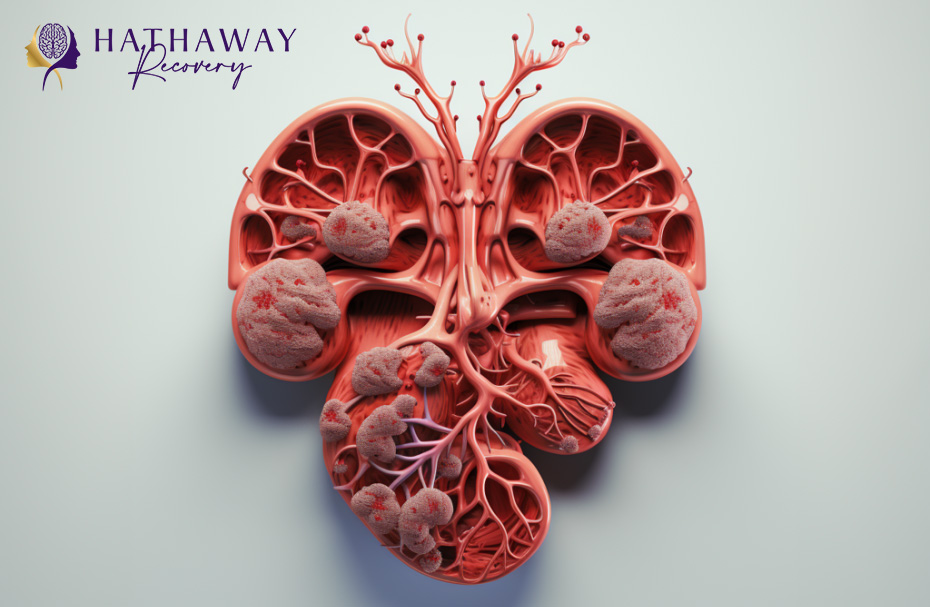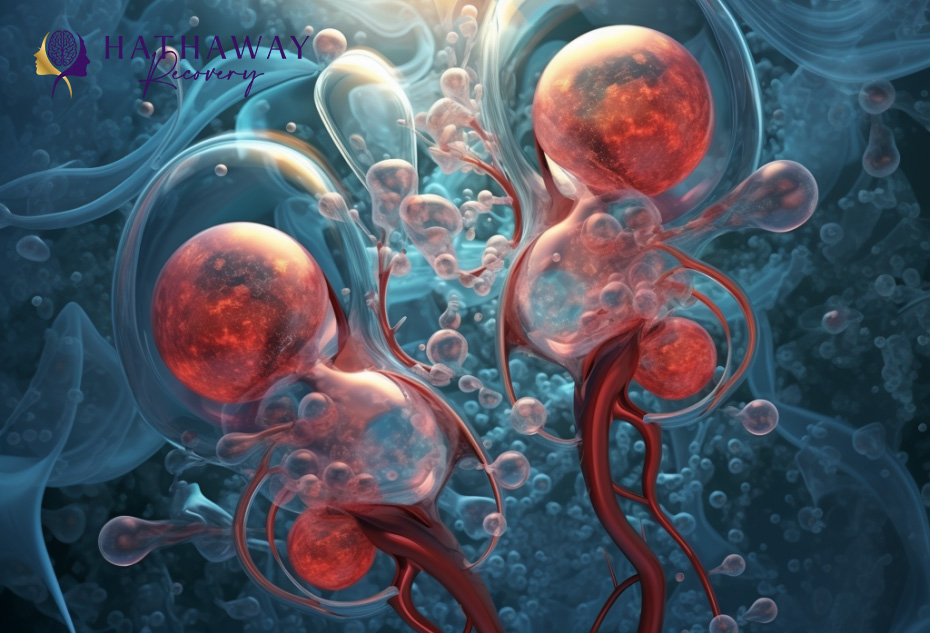Drinking alcohol can have a negative impact on your kidneys. One or two drinks of alcohol now and again usually have no serious effects. Drinking too much alcohol can be harmful to your health. It can also worsen kidney diseases.
What is alcohol effect on kidneys?
Your kidneys remove harmful substances from your blood. Alcohol is one of these substances. Alcohol affect kidney function, making them less capable of filtering blood. Your kidneys perform many other important tasks besides filtering blood. One of the jobs of your kidneys is to maintain the right amount of water in your body. Alcohol can affect your kidneys’ ability to do this. Alcohol dehydrates the body and the drying effect can affect normal organs and cells, including the kidneys.

Alcohol and Kidney Health
Alcohol is widely consumed in many cultures and is often associated with relaxation and celebration. It’s important to understand the possible effects of alcohol consumption, including on the kidneys. The kidneys are vital in filtering out waste and excess fluids, maintaining electrolyte equilibrium, and regulating blood pressure.
- Dehydration and Kidney function:
Dehydration is one of the immediate effects that alcohol consumption has. Alcohol is a diuretic. It increases urine production and fluid loss. Dehydration can cause kidney strain by reducing blood circulation and impairing the ability to filter waste. Chronic dehydration can be caused by excessive or prolonged alcohol consumption. This could cause kidney damage over time.
- Acute Kidney Injury:
Acute kidney injury can be caused by excessive alcohol consumption, particularly binge drinking. AKI is characterized as a sudden and rapid decrease in kidney function. This is often due to a lack of oxygen reaching the organs. Alcohol’s dehydrating properties, along with its impact on blood pressure regulation, can lead to AKI. This is a serious condition and requires immediate medical attention.
- Electrolyte Imbalance
Alcohol disturbs the balance of electrolytes, such as sodium, potassium, or magnesium, in the body. The kidneys are crucial in maintaining electrolyte concentrations within a narrow range. Chronic alcohol consumption may disrupt this delicate balance and lead to electrolyte deficiencies that can negatively affect kidney function.
- Hypertension and Kidney Disease
Persistent alcohol abuse is associated with a higher risk of hypertension (high blood pressure). Hypertension is a significant risk factor for chronic renal disease (CKD). Over time, elevated pressure can damage blood vessels in the kidneys and reduce their ability to function. Chronic kidney disease can lead to kidney failure.
- Impact on the Renal Tubules
Alcohol can directly affect renal tubules, which are responsible for reabsorbing essential electrolytes and water. These tubules can be damaged by the toxic byproducts produced during alcohol metabolism, affecting their ability to regulate fluid balance and concentrate urine. This damage contributes to the overall decline of kidney function.

How much alcohol is too much?
When experts refer to one drink, they mean one 12-ounce beer bottle, one 5-ounce glass of wine, or one 1.5-ounce shot of “hard liquor.”
Heavy drinking is defined as having more than three drinks per day for women (or seven drinks per week), and more than four drinks per day for men (or 14 drinks per week). Heavy drinkers’ kidneys have to work harder. The risk of kidney disease is doubled when heavy drinking is done regularly.
Binge drinking can cause dangerous blood alcohol levels. This can lead to a sudden decline in kidney function, also known as “acute renal injury.” Dialysis is required until the kidney function returns to normal. Acute kidney injuries usually heal on their own, but they can sometimes cause permanent kidney damage.
Some people shouldn’t drink at all. Ask your doctor if it’s safe to drink alcohol, especially if some medical conditions or medications could be affected. Women, older adults, and people with smaller bodies must be extra cautious.
What to do if you suspect alcohol-related kidney issues?
The first step to taking control of your health is to recognize that you might have an alcohol problem. It’s crucial to act quickly if you suspect that alcohol consumption is negatively affecting your kidneys. Assess your alcohol consumption, recognizing any signs of dependence or negative health effects you may have observed, such as changes to urination, increased thirst, or abdominal discomfort.
Consult a healthcare provider, such as a primary care physician, and openly discuss your concerns. Medical professionals can assess your kidneys, order relevant tests, and give you advice on the possible impact of alcohol. Discuss your concerns at routine appointments. Regular health checks are essential to monitor kidney function.
If you are having difficulty controlling your alcohol consumption, seek the help of an addiction counselor or mental health professional. Support groups such as Alcoholics Anonymous can provide a safe place to share experiences and learn from those who have successfully navigated issues related to alcohol.
Inform your family and friends about your decision to reduce or eliminate your alcohol consumption. This will help you build a strong network of support. Set realistic goals to reduce or eliminate alcohol consumption, and follow any treatment plans or recommendations provided by healthcare professionals. Take proactive steps to address concerns. This will benefit your kidney health and your overall well-being.

Hathaway Recovery can help with Alcohol Addiction
You may be able to recognize the characteristics of an alcoholic when you see someone you love. You may have noticed that you exhibit many of these traits and are addicted to alcohol. You have already taken your first step to recovery by realizing that you are addicted.
It is time to seek help if you or someone you love admits to a physical or mental dependency or addiction to alcoholic beverages.
Hathaway Recovery provides a tailored treatment plan with evidence-based therapies like behavioral and experiential therapy. Our holistic healing program will help you grow as a person and create a new start in your life.
Your privacy and comfort are our top priorities. Relax in our luxurious facilities. The Hathaway Recovery Center is staffed by a compassionate and professional staff that can assist you at any time.
Our center offers private rooms, individual treatment, and effective treatment plans. Our staff is made up of the best specialists. Our mission is to Renew and Rebuild Lives.
If you have any questions, please call the Admissions Department at (909-971-3333).
The information provided is confidential.
Don’t miss this chance to change your future.
- Individual Counseling
- Group counseling
- Family Drug Education
- Relapse Prevention Therapy
- Counseling for grief






